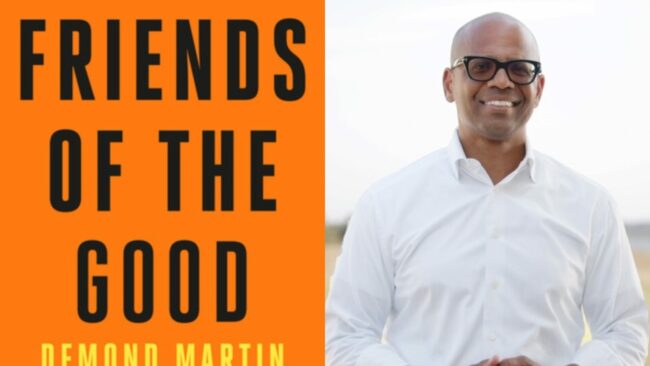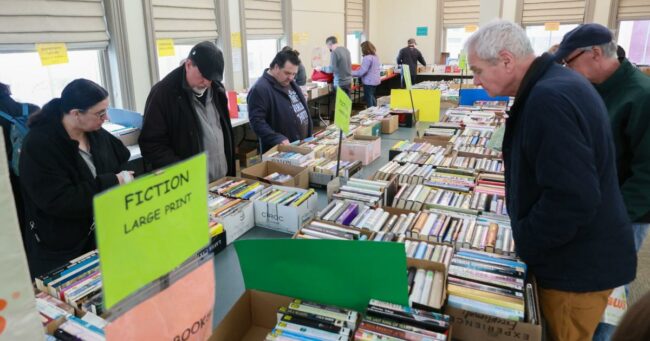Why Olivier Norek’s ‘Winter Warriors’ is a ‘timely’ book, says its translator
… account for some of the book’s understated power.
Interested … I reached out to the book’s translator, Nick Caistor … the challenges of translating this book?
Olivier tried successfully to … many different kinds of books as possible—especially translations …










